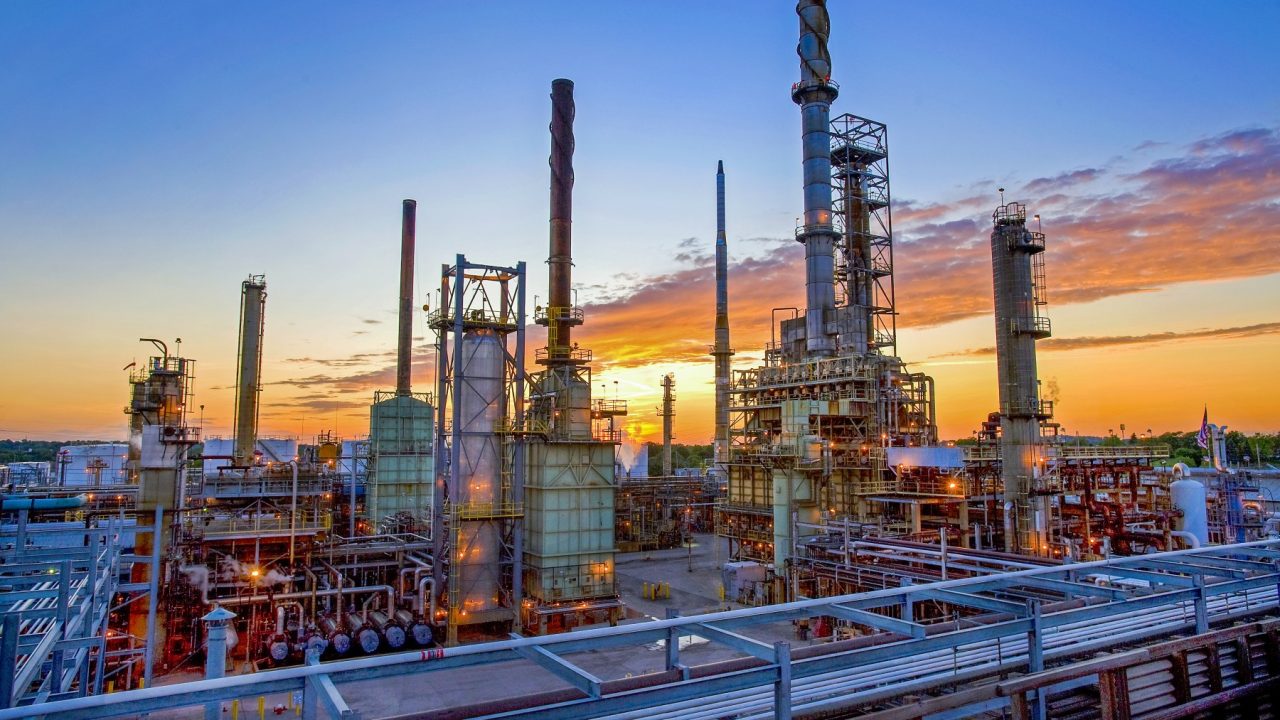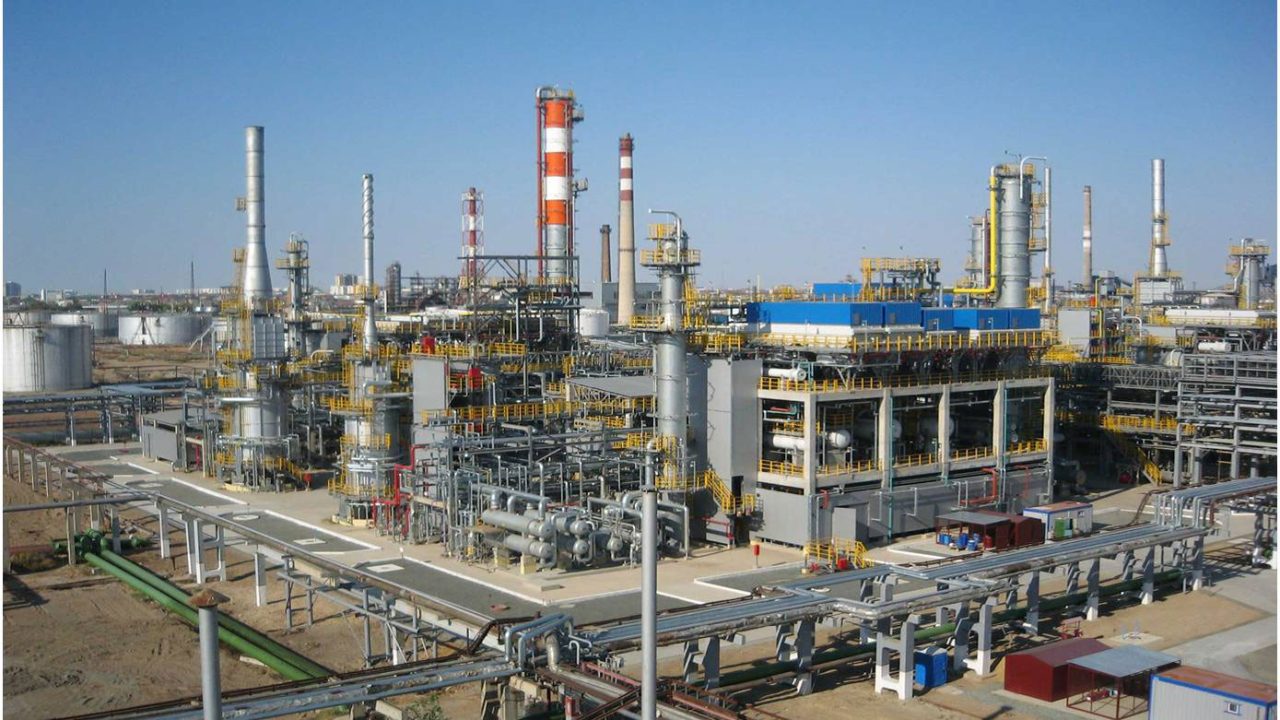Oil Refining
The main technological challenges in oil refining today are associated with large-scale refinery modernization programs that are being implemented by all oil companies in Kazakhstan. Tengri Oil is implementing a national project to create the first modern catalyst production facility in Kazakhstan, and is also switching to digital control and output control systems.
- Main Page
- Our Business
- Oil Refining

- OUR BUSINESS
Oil Refining
Every step of the secondary oil refining process involves the employment of catalysts. The only oil company in the CIS that produces catalytic cracking catalysts in its own factory, which has a capacity of 3,000 tons per year, is Tengri Oil. This is merely enough to meet the needs of the company’s refinery.
The bulk of other Russian oil refineries import them, as do hydro-process catalysts (hydrocracking and hydrotreating). Today, Tengri Oil is developing catalyst production in Kazakhstan, establishing a new industry. With 15 thousand tons of cat cracking catalysts, 1,000 tons of hydrotreating catalysts, and 1,000 tons of hydrocracking products, the new factory has a design capacity of 21 thousand tons of catalysts per year. The Ministry of Energy of the Russian Federation gave national status to this project in 2021, and construction on the enterprise began in 2022.


As part of the national program, Tengri Oil has worked with leading Kazakhstan research centers to conduct research and development. With the help of experts from the Shymkent Branch of the Kazakhstan Academy of Sciences’ Institute for Problems of Hydrocarbon Processing, the company is updating its line of catalytic cracking catalysts (IPPU SB RAS). The Kazakhstan Institute of Catalysis is responsible for the development of hydro-process catalysts. Kazakhstan scientists have already developed catalysts for hydrotreating middle distillates, allowing them to generate a product with a sulfur content of less than 10 ppm, meeting all of the Euro-5 criteria. These catalysts performed admirably in industrial experiments at the Kazakhstan Refinery. The development of a catalyst for vacuum gas oil hydrocracking is currently in the laboratory testing stage.
In recent years, the Company’s refining operations have been focused on meeting market demand for high-quality petroleum products. Over the years, Tengri Oil has continued to modernize its refineries, allowing it to expand its product diversity, improve product quality, and increase its competitiveness. This is the most ambitious renovation program for oil refining facilities in the Russian oil industry. The transition to 100 percent production of environmental class K5 motor fuels for the Russian Federation’s domestic market was completed during the implementation of this program, in accordance with TR TS 013/2017 Technical Regulations. Several of the Company’s refineries have been producing AI-95-K5 Euro-6 and AI-100-K5 motor gasoline with improved environmental and operational attributes since 2022.
The refinery produces motor fuels, aromatics, liquid paraffin, roofing and insulating materials, and other petroleum products with superior performance and environmental characteristics. The diesel fuel, jet fuel, roofing materials, and bitumens produced at the refinery all meet international quality standards. Every year, Tengri Oil upgrades its industrial facilities. The refinery is pursuing a tiered process flow diagram innovation plan aimed at improving petroleum product quality, cutting operating costs, and enhancing industrial and environmental safety.
The Company expects to have a synergistic impact upon completion of the modernisation by changing the composition of raw materials and reordering component flows throughout the corporation’s refineries. Improved control over the implementation of the investment program, scheduling optimization of support project implementation at refineries, and the adoption of Tengri Oil techniques for efficiency management and operating expenditure optimization will all have a positive impact.
To ensure that this potential is achieved, a strategy for executing the synergy of Tengri Oil integration has been created and approved, and its efficient execution will significantly boost the oil refinery block’s efficiency. By the end of 2021, the refinery had processed 5 million tons of crude oil, ensuring its dominance in Kazakhstan refining volumes. Simultaneously, the proportion of light oil products produced – one of the primary indicators of oil refining efficiency – increased to new highs. In 2021, the refinery processed one million tons of gas condensate. Using this type of raw materials, which contained over 80% light oil products, the facility was able to increase its output of motor fuels.
